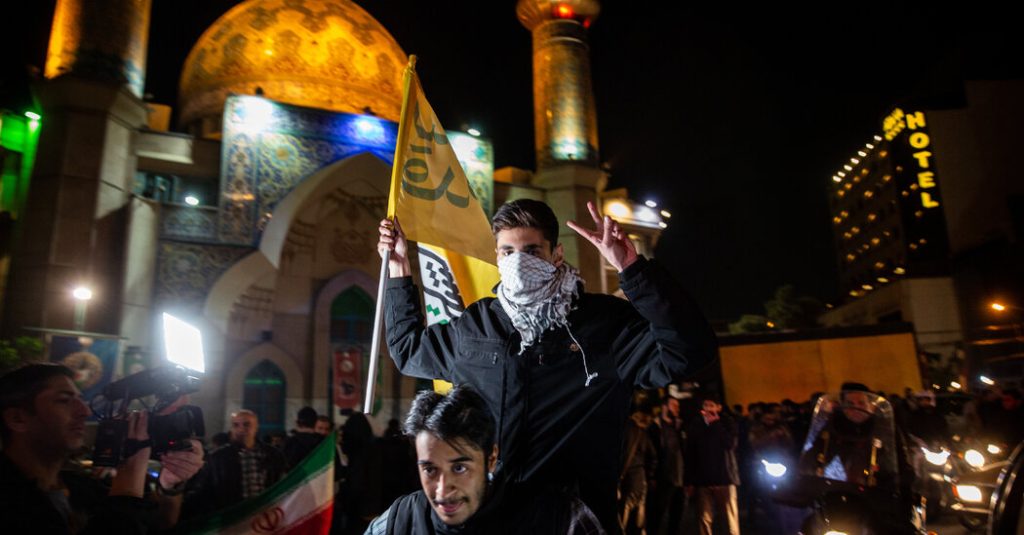Senior American and Iranian officials engaged in talks through intermediaries in Oman last week, marking the first such discussions since Iran launched a retaliatory attack on Israel using missiles and drones. Brett McGurk and Abram Paley from the White House attended the talks with the goal of urging Iran to control its support for militias in the Middle East. Following the Israel-Hamas conflict, Iran-backed militias in Iraq and Syria have increased attacks on American troops, heightening concerns of a broader conflict. Despite Hezbollah and Iran trading fire with Israel, U.S. intelligence suggests neither party desires a larger war.
The United States has lacked diplomatic ties with Iran since 1979, necessitating discussions to occur through intermediaries and back channels. Similar to talks in January, American officials and their Iranian counterparts sat in separate rooms in Oman while Omani officials shuttled between the rooms during the recent meetings. The talks were recently disclosed by Axios. Iran’s retaliatory attack last month involved over 300 missiles and drones in response to the killing of Gen. Mohammad Reza Zahedi by Israel in Damascus. The assault was perceived by Iran as an attack on its soil, prompting Iran to carry out its first direct attack on Israeli territory.
Collaborating with European and Arab allies and partners, the United States and Israel successfully thwarted the assault. Israel has been targeting Iranian forces and affiliated militias in Syria for years, leading to what is now an overt conflict known as the “shadow war.” Jake Sullivan, the White House national security adviser, emphasized the threat posed by Iran and its proxies to Israel, regional stability, and American interests. He highlighted ongoing efforts to safeguard against these threats, prevent escalation into a full-blown regional war, and engage in diplomacy, deterrence, force adjustments, and the use of force as needed to protect people, interests, and allies.
Sullivan was slated to visit Saudi Arabia and Israel over the weekend to address matters related to the Israel-Hamas conflict, a potential extensive diplomatic and security agreement involving the United States, Saudi Arabia, and Israel, and the looming threat from Iran. The talks taking place amid heightened tensions in the region aim to mitigate the risk of further conflict and promote stability. As the situation unfolds, ongoing dialogue and collaboration will be crucial in navigating the complex dynamics and concerns in the Middle East. The involvement of various nations and key stakeholders underscores the multifaceted nature of the challenges at hand and the need for coordinated efforts to address them effectively.



